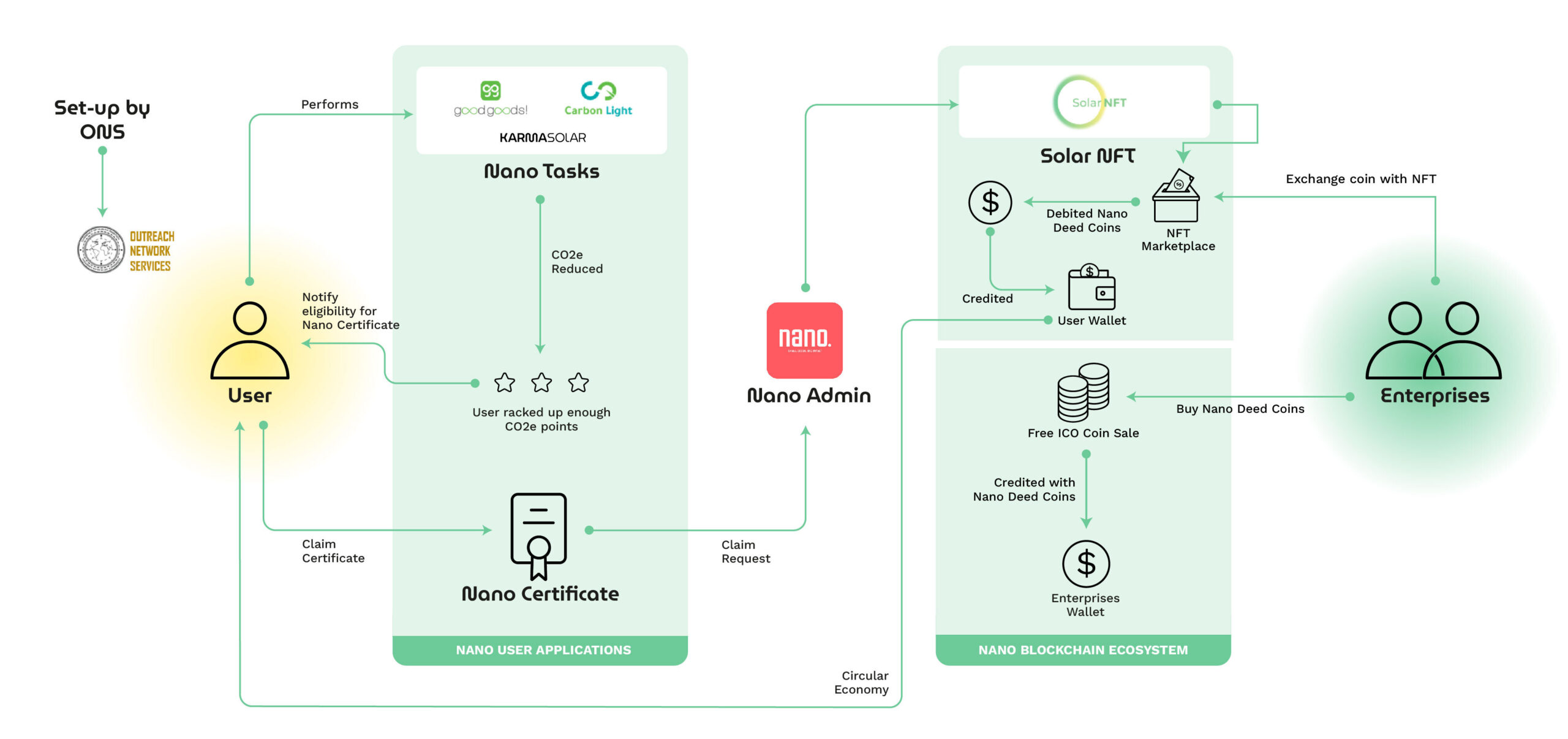Our Story
Karma Solar, like many great stories of invention and innovation, was born from necessity. Our lead scientist, Dr Saroj Nayak, was working for the prestigious India Institute of Technology (IIT) in a remote field office. The lack of consistent electricity was a real inhibitor of progress. And the standard Uninterrupted Power Supply (UPS) systems only offered an insufficient 15-30 minutes of power. Dr. Nayak and a grad student went to work, created and patented a solar UPS with 4-5 hours of reliable power.
In the field, they also noticed how most farmers had no pumps for irrigation, and the ones that did had over-specified and expensive 5hp pumps. So again, they designed and built a ½ hp pump that met the needs of farmers.
From there, Karma Solar was born. Now with a suite of products and solutions that aim to bring the world’s one billion people not only sustainable power but also healthcare, education and food security solutions.
Today, Karma Solar is addressing Sustainable Development Goal 7 (SDG7) head-on – with the gracious underwriting of the Dr. Dash Foundation, we’re not only innovating in the lab but also making inroads and lasting bonds with our customers via our unique Karma Outreach Network, “ON”.
Our Vision
Our Mission

Outreach Network Services (ONS)

Our global delivery partner, Outreach Network Services, is connecting Karma Solar customers to healthcare, education and food security services. ONS is a critical missing implementation platform between global SGD / ESG mandates and their target markets, focused on providing income recovery and generation for its covered consumer base.
Solar NFT
Democratizing Carbon Credit Rewards,
Introducing Solar NFT by Karma Solar
Solving the world’s carbon problem requires everyone’s help. The system in place to issue carbon credits to projects and companies that are offsetting carbon has resulted in a positive impact. But like many global initiates, some people are left out from contributing and benefiting from these plans. Projects like solar farms already receive carbon credits to sell in the open market – but these are typically very large projects owned by multinational corporations or governments.
Solar NFT intends to change that – issuing carbon credits for micro, off-grid solar systems installed by Karma Solar customers. Issued as a non-fungible token (NFT) and converted to their local currency once sold, this provides not only a new source of income but also a sense that our customers belong to a global community helping to keep planet Earth thriving. More information coming soon!

Our Team

Saroj nayak, phD
Dr Saroj Nayak is currently a professor and Dean (Faculty and Planning) at Indian Institute of Technology (IIT) Bhubaneswar. Nayak joined IIT with a leave of absence from Rensselaer, NY, USA on November 2012 and left his tenured professor position in 2014.
Before joining the faculty at Rensselaer in 2000 Dr. Nayak was a Princeton Materials Institute Jr. Fellow at Princeton University. His research interests lie at the interface of physics, chemistry and engineering. Nayak has cofounded the first start up from IIT Bhubaneswar, Kalinga Renewable Energy Manufactures (KARMA) that focuses on solar energy technology. He is currently the managing director of KARMA since its inception.

sasmita nayak, MBBS, phD
Dr Sasmita Nayak is an assistant professor at KIIT School of Biotechnology at KIIT University and an adjunct faculty at Kalinga Institute of Medical Sciences.
She did her MBBS from SCB Medical College in Odisha following which she was a visiting physician at the Department of Pediatrics, Ellis Hospital, USA and at the Department of Neurology, Albany Medical centre followed by a Ph D from RPI, USA.
She is a director at KARMA since its inception.
Technical Advisors
to the Board

Ramakrishna Ramaswamy, PhD
He obtained his B.Sc. in Chemistry (1972) from Loyola College, Chennai, then M. Sc. in Chemistry from the IIT, Kanpur, and PhD (1978) from Princeton University where he worked under the supervision of Herschel Rabitz. He then moved to California Institute of Technology, Pasadena where he was between 1978 and 1980, working with Prof. Rudolph A. Marcus. He returned to India in 1980 and joined the Tata Institute of Fundamental Research as Visiting Fellow (1981) and Fellow (1983). In 1986 he moved to the Jawaharlal Nehru University as one of the first members of the School of Physical Sciences and has been at JNU since then. In 2011, he was appointed Vice-Chancellor of the University of Hyderabad.
He resigned from the position in January 2015 returning to his substantive positions at the Jawaharlal Nehru University. After his retirement from JNU in 2018, he joined IIT Delhi as visiting professor where is still serving. He was Vice President of the Indian National Science Academy, New Delhi, as well as of the Indian Academy of Sciences, Bangalore. He served as President of the Indian Academy of Sciences, Bangalore, during 2016–2018.

Pulickel M Ajayan, PhD
Dr. Ajayan is the Benjamin M. and Mary Greenwood Anderson Professor in Engineering at Rice University.
He is the founding chair of Rice University’s Materials Science and NanoEngineering Department and also holds joint appointments with the Department of Chemistry and Department of Chemical and Biomolecular Engineering.
Prior to joining Rice, he was the Henry Burlage Professor of Material Sciences and Engineering and the director of the NYSTAR interconnect focus center at Rensselaer Polytechnic Institute until 2007. Known for his pioneering work of designing and carrying out the first experiments to make nanotubes intentionally.
Innovation Teams

Current initiatives of the product team
- Solar Air Conditioning
- Solar Cooktops and Ovens – clean & safe food preparation
- Solar-powered UV water purification
- Village / community-scale mini-grids and services
- Mobile phone & service plans

Current initiatives of the Service Team
- Internet Connectivity – integrating internet service to our Aethra Street Lights
- Education / Distance Learning / E-Tutoring
- Healthcare Outreach and Telemedicine
- Crop Planning – Food Security, Organic methods, Profit Optimization (new crops)
- E-Wallet & Digital Services – making access to technology more equitable